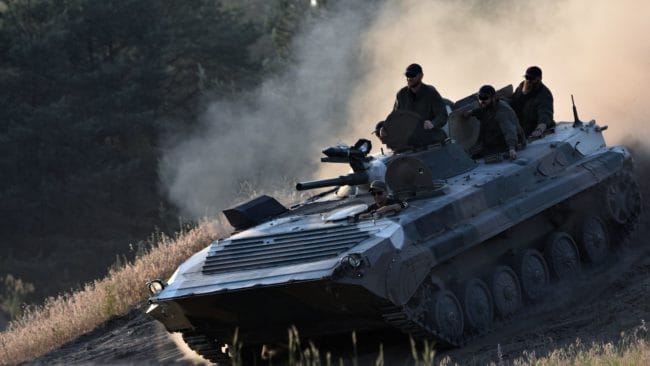
School shootings. The war in Ukraine. The hostage taking and horror in Israel- the news can be stressful for adults to cope with, let alone kids. How can we explain to children what’s going on in a way that won’t frighten or upset them?
Why talk about what’s going on at all?
It might be tempting to avoid any discussion about what’s happening overseas, however there are reasons why talking about what’s happening is important. Firstly, it’s better for a conversation to be had with parents than for children to be misinformed by what they may hear elsewhere. You can keep your kids up to date with the facts and allow for open discussion at home about the news.
Secondly, discussing world news can help with their understanding of the world at large, and also help them develop compassion. This can be channelled into doing good for others, like donating to charity.
Having supportive discussions about world events can also help remove distress for children and offer the chance to provide reassurance.
Pre-school and primary aged children
Pre-school children are unlikely to be aware of world events or understand mentions of them between parents. A child at primary school may hear whispers of the news about the Gaza conflict and ask you about it. You could respond by saying something that they can understand, like ‘some people in that area of the world are arguing at the moment’.
It’s important to monitor what news and content that children of all ages are exposed to- including news channels. Also be careful with what they may see on social media, where there is little censorship.
Conversations with children aged 10 and older
You can open a conversation at an appropriate time and ask your child what they’ve heard about the conflict in Israel. It’s important to validate and normalise what feelings they express about it, and explain that adults also find the idea of war frightening.
If, however, your child does not show much interest in discussing the topic, keep it brief. Let them know that they can always discuss serious subjects with you at any time.
If your child wants to know what is happening in the world, then Newsround offers a child-friendly view of events.
Above all, ensure they know that you are always there to protect them and keep them safe.







